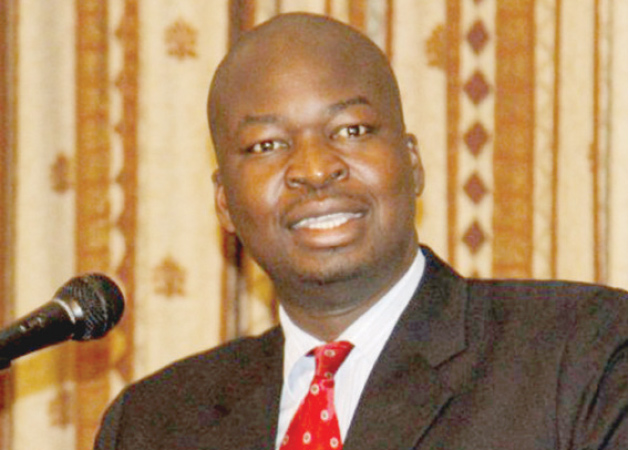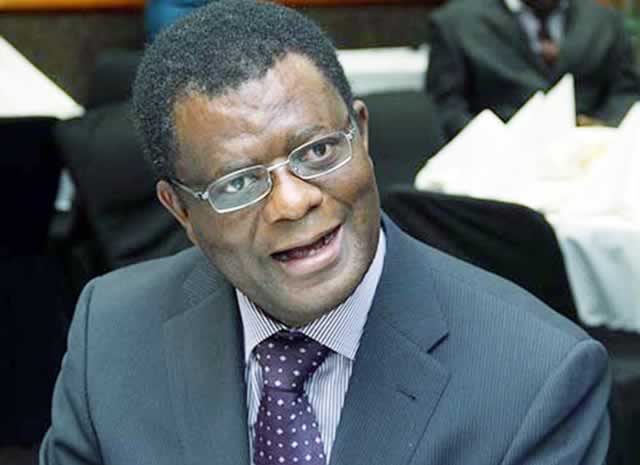Measures underway to create investor friendly environment

Lovemore Zigara Midlands Correspondent
THE government will soon operationalise the National Competitiveness Commission to deal with inherent bottlenecks that negatively affect the competitiveness of local products on the regional and international market, a top government official said.Cabinet approved the setting-up of the commission early this year and a standing committee is already in place addressing some of the concerns brought forward by business.
Speaking on the sidelines of a tour of Gweru industries by a World Bank (WB) and the African Development Bank (AfDB) delegation last week, Industry and Commerce Permanent Secretary Abigail Shonhiwa said the new competitiveness body was part of the broader policy thrust aimed at making the local manufacturing sector compete on a global scale.
“We’re putting in measures to ensure that our industry isn’t just competitive on the regional level but internationally because we’ve gone global. We can no longer confine ourselves to the region,” said Shonhiwa.
“There’s the National Competitiveness Commission, which has been set up after a study that was undertaken identified a number of cost drivers and elements that make doing business in Zimbabwe unattractive. There’s a standing committee that’s actually identifying some of the issues that were identified.”
Industry is operating at low capacity utilisation levels of 36.3 percent owing to obsolete machinery, high power tariffs as well as lack of working capital among other factors, which have resulted in many firms failing to penetrate the regional and international markets.
The permanent secretary expressed optimism that the visit by WB and AfDB delegations would lead to lines of credit being channelled to the productive sectors of the economy to stimulate economic growth.
“As the government we’re worried by the state of our industry so we’re looking at every mechanism that can help especially the private sector to revive companies that have gone down or even new industries where there are possibilities.
“We hope this delegation we’ve on this tour will be able to speak on what they’ve seen on the ground and put a case for Zimbabwe especially on the private sector to get the facilitation that we’re seeking to revive our industry,” she said.
Mahomed Rafique Jusob Mahomed, the AfDB executive director for Southern Africa representing Angola, Mozambique, Namibia and Zimbabwe, said the country has done a lot in creating an investor friendly environment.
“I think the government is doing a lot by evaluating the policies and taking the reform process further, which is key for any success. Of course there are many challenges from the infrastructure side and many others but it’s in the hands of the government of Zimbabwe to create a conducive environment by lowering costs through different measures and policies,” he said.









Comments